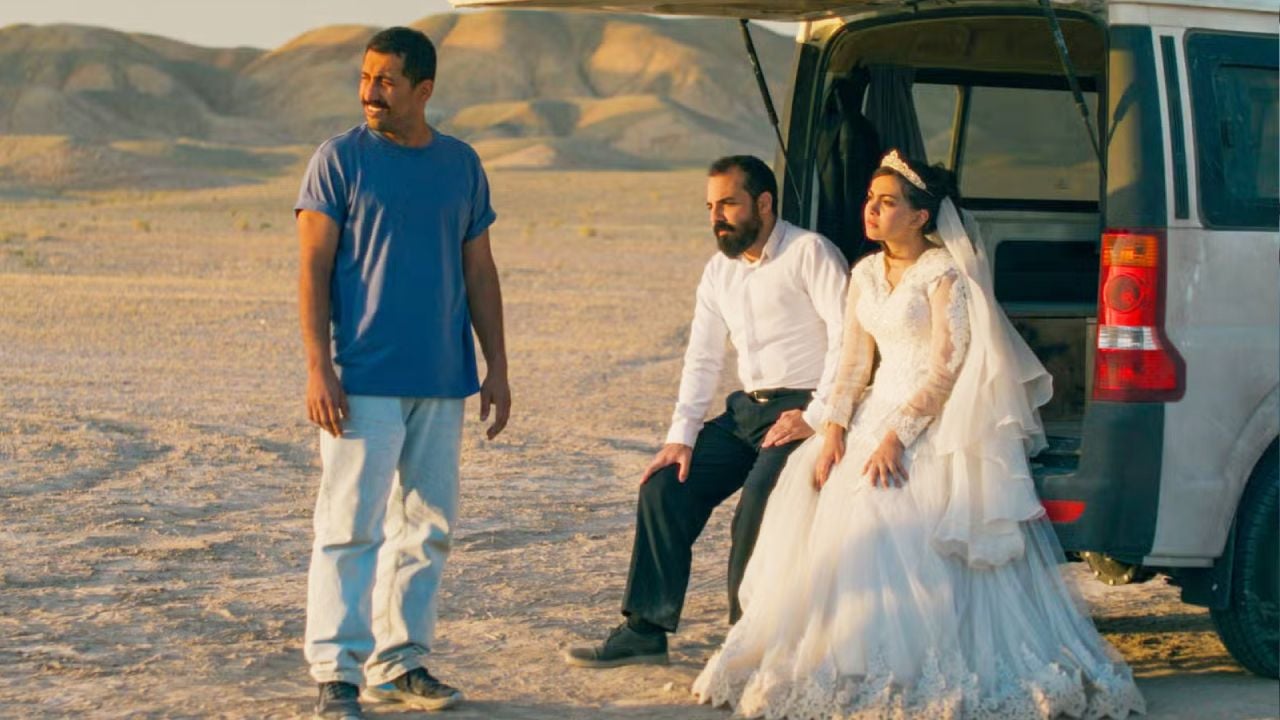From December 2024, documents must attest that the deaths were violent and caused by the state. At a ceremony, more than 100 families received updated death certificates, including that of Vladimir Herzog. More than 100 families received updated death certificates of relatives who disappeared or were murdered during the military dictatorship, in a ceremony held this Wednesday (08/10) at the Faculty of Law of the University of São Paulo (USP).
The correction and issuance of a new death certificate were possible after the National Council of Justice (CNJ) established, in December 2024, that registry offices have the duty to recognize and rectify the death certificates of all dead and missing victims of the military dictatorship recognized by the National Truth Commission (CNV).
More than a political act, the event was a celebration of mandatory document correction. According to experts, the change is a symbolic recognition. Present were the family members of the politician Rubens Paiva and the journalist Vladimir Herzog, both murdered during the military regime.
Rubens Paiva’s certificate had already been corrected in January this year, after the family had appealed to the court, while Herzog’s certificate was presented corrected in 2013, certifying injuries resulting from mistreatment. Now, however, the wording of the text of all death certificates will be standardized, attesting to the responsibility of the State.
Recognition of state violence
It was through television news that Wladir Costa Danielli, 5 years old at the time, learned of the death of his father, Carlos Nicolau Danielli, during the military dictatorship. He was one of the leaders of the Communist Party of Brazil (PCdoB) and was arrested in Sao Paulo on December 28, 1972, three days before he was assassinated.
“I was very young, but I have this memory. My mother was in the living room watching the news, and when she saw the news of my father’s death, she dropped the glass she was holding on the floor. The noise caught my attention. I ran to see what had happened, and at first she told me that a very dear friend had died,” Wladir recalls.
The version of Carlos Danielli’s death spread by security agencies at the time was that he had been killed in a firefight with police officers. However, decades later, investigations concluded that he was tortured and died on the premises of the Information Operations Detachment of the Army’s Center for Internal Defense Operations (DOI-Codi), in São Paulo, one of the main organs of political repression during the dictatorship.
Even after Danielli’s death was clarified, his death certificate was only corrected in January this year, with the recognition of a violent death caused by the Brazilian state.
“I feel justified, because the State recognizes everything it did against my grandfather, and the hope is that people can really know the history of the dictatorship, so that it doesn’t happen again”, says Laís de Araújo Costa Danielli, Carlos’ grandson.
“This is a historic reparation because the Brazilian state assumes that it tortured, killed and made the bodies disappear”, underlines retired Wladimir Costa Danielli, also Carlos’ son.
According to the new rule, the death certificates of 202 people killed during the dictatorship will report the following cause of death: “Unnatural and violent death, caused by the State in the context of the systematic persecution of the population identified as political dissidents in the dictatorial regime established in 1964”. The issuing of new certificates is free and can be requested by the victims’ families or anyone else.
The 232 people who disappeared during the military regime will be entitled to a death certificate. And all documents must attest that these people were victims of violence committed by the State.
Until then, death certificates were only corrected or issued to relatives of the missing after legal battles.
This is how, in 2019, the lawyer Altair de Almeida, 68, finally obtained the death certificate of his brother Joel Vasconcelos Santos, one of the “disappeared” of the regime. He was arrested in Rio de Janeiro for repression in 1971, at the age of 21.
“It is very important that there is this reparation on the part of the State. In a certain sense it calms the family. And more: it is a necessity to reawaken [para] the issue, so that it does not happen again. There are many people who still admire and idolize torturers”, underlines the lawyer.
According to the CNV report, Joel’s arrest was justified on suspicion of trafficking. However, the boy only brought with him posters against the dictatorship and tickets for the show “O Rei da Vela”, a production of José Celso Martinez Corrêa’s Teatro Oficina based on a play by Oswald de Andrade.
According to Rio de Janeiro army documents, Joel was interrogated between March 15 and 19 of that year. His body was never returned to his family.
“My mother died fighting to find my brother. At the time of his disappearance, every day she went to the steps of Cinelândia with his photo. She never remained silent, she participated in the movements against the dictatorship and fought until the end”, says Altair.
Repairing history
More than encouragement and compensation from the State for the families of the victims of the dictatorship, experts say that the rectification of the death certificates means compensation in the history of the country, with the recognition of the crimes committed by the military regime.
“The State had techniques to hide the truth and cover up crimes. In addition to the military who practiced torture, there were doctors who produced and signed certificates with false explanations about the death, stating that it was suicide, investment, among other causes”, explains Carla Osmo, law professor at Unifesp.
The dictatorship lasted from 1964 to 1985, but four decades later it is still necessary to deal with the consequences of the serious human rights violations of the time: murders, arbitrary arrests, censorship and repression of dissidents, indigenous peoples and the poor.
“This reparation is important for society to recognize what happened during the dictatorship, and so there is a reparation in history, since these victims for many years were seen as criminals, as if they were the ones who did something wrong, justifying their arrests and everything they went through,” adds Osmo.
Crime investigation
To investigate the crimes committed by the state and show society the horrors of that period, the National Truth Commission was created in 2011. The final report, delivered in 2014, identified 377 people responsible for murder and torture and called for a review of the amnesty law, which pardoned crimes committed between 1969 and 1979.
For Rogério Sottili, executive director of the Vladimir Herzog Institute, the corrections in the death certificates of the victims of the dictatorship are further proof that the State has committed crimes, and could also lead to material reparations, in addition to the symbolic one.
“The document is material evidence that reinforces state involvement in the crimes and can be used to strengthen legal proceedings. The soldiers involved, if criminally convicted, for example, could lose the benefits afforded to them, such as retirement benefits and pensions intended for their families, if they are already dead,” he explains.
Over the last decade, the Federal Public Prosecutor’s Office has filed 53 criminal actions seeking the conviction of agents who committed crimes during the military dictatorship. The success of the film I’m Still Here, winner of the Oscar for best international film, gave new life to the issue and pushed the Judiciary to reconsider the issue.
Earlier this year, the Federal Court (STF) decided that it will once again analyze the validity of the amnesty law in the case of the five soldiers accused of the death of former federal deputy Rubens Paiva, portrayed in the feature film. The decision will establish the jurisprudence for adjudicating other dictatorship trials.
Source: Terra
Rose James is a Gossipify movie and series reviewer known for her in-depth analysis and unique perspective on the latest releases. With a background in film studies, she provides engaging and informative reviews, and keeps readers up to date with industry trends and emerging talents.






